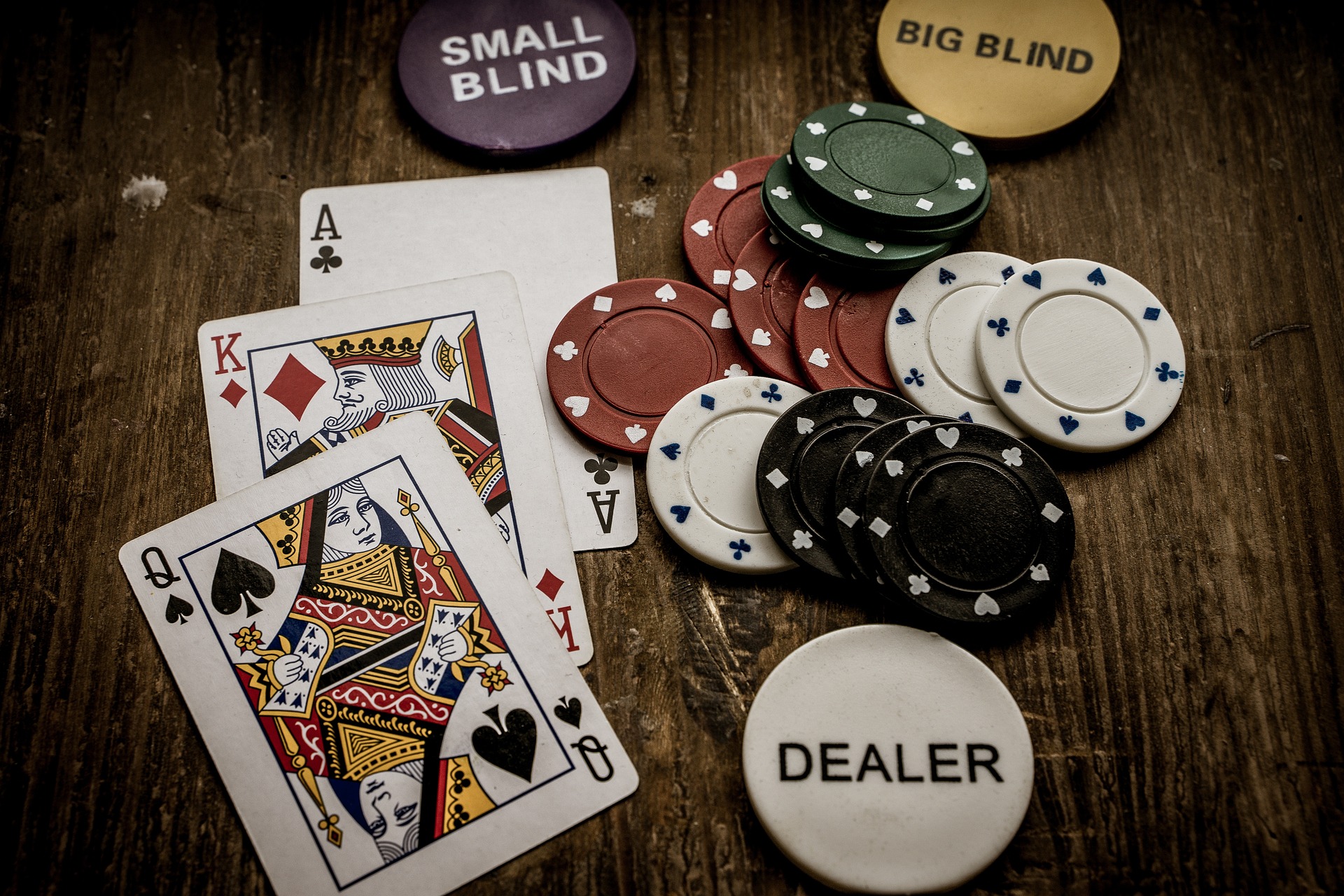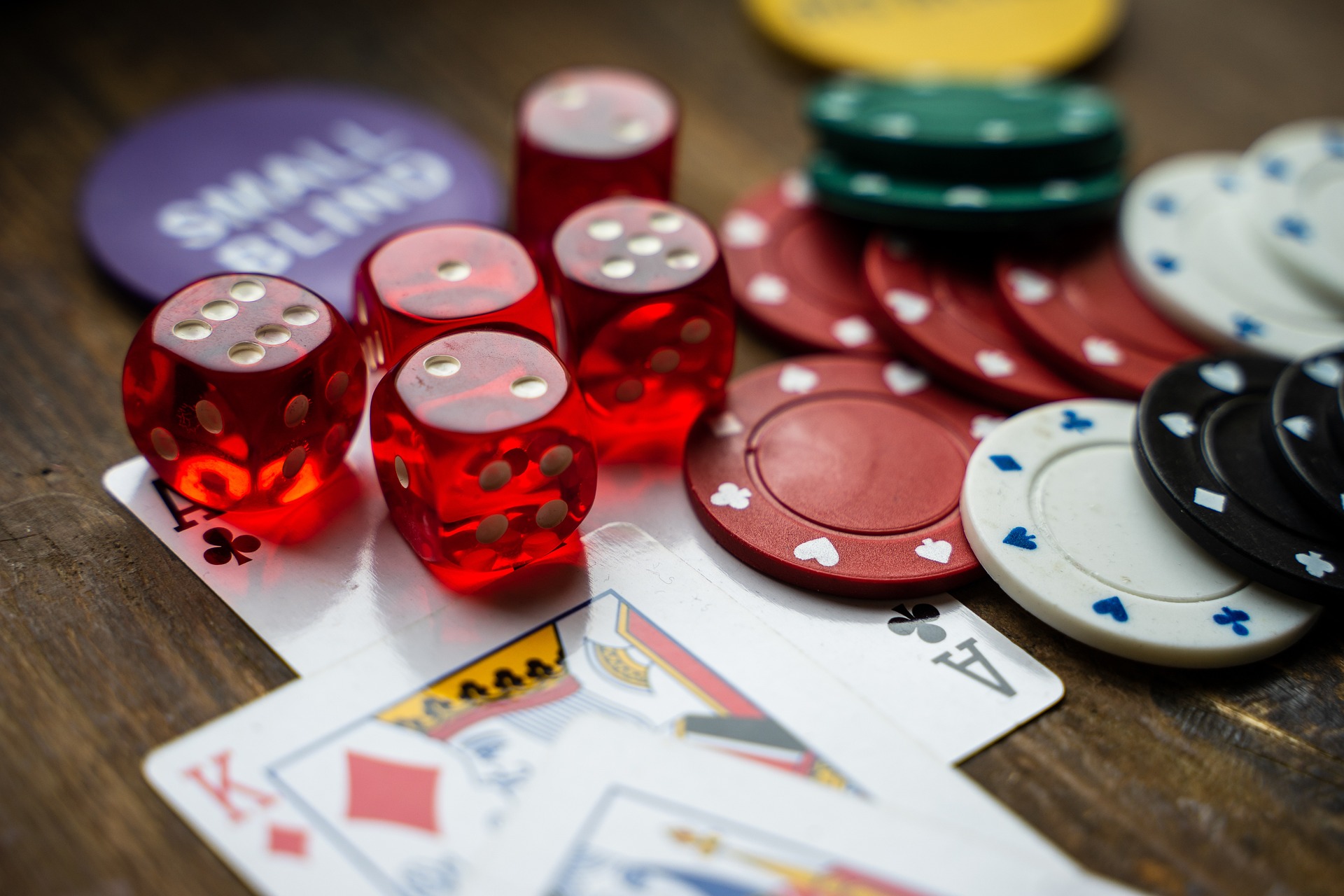Poker is a popular game that’s played globally. If you’ve been wondering what the best tips are for trying to play poker, you’ve landed in the right place. We’ve prepared an expert list of beginner tips to improve your poker game!

Bluff Like a Pro
The best advice on bluffing effectively is to let the cards determine your bluffing frequency. Keep it under control, and learn to be mindful of what opponents notice in your bluffing responses. Devise a backup plan for when your bluff may get called out.
Bluffing is an art that should be applied cautiously, especially in more professional setups. It’s also not only good enough to know how to bluff. You can also spot a bluffer and how each opponent’s bluff relates back to each player’s final outcome. Finally, never expose to your opponent that you’ve caught their bluffing strategy and control your responses.
Don’t Be the First to Enter the Pot
This is when a player enters the pot first, which is also known as ‘limping’. You should be the first to enter the pot for two important reasons. Firstly, you can’t win a pot before the flop like you can if you raise it. Secondly, you’ll give the players behind you more attractive pot odds. This makes it more likely that you’ll face more opponents and sets you up to potentially lose the game.
The best poker players know that ‘limping’ is mostly accepted when another player has already made their ‘limp’ or has entered the pot. It guarantees greater odds of hitting a win on the ‘flop’.
Build the Pot by Fast-playing Strong Poker Hands
The best female poker players know it’s best to fast-play their strong hands to build a substantial pot. If you do this, you can quickly build up your playing equity. It doesn’t mean you should bet and raise your strong hands post-flop every time. There are three instances when you should check your strong hands.
Check strong hands only when it’s unlikely that an opponent will outdraw you. Or when there aren’t many scare cards that’ll prevent you from receiving a payout on later streets. Or when the other player’s hands have been weighted towards having a no-showdown value.
When you have uncertainty about the strength of your hand, it’s best just to bet and check-raise. It may be a disappointment should your opponent fold, but it’s considered a better option compared to getting outdrawn or missing out on a potential win.

Rather Fold if You’re Really Unsure
The prime difference between an excellent and a below-average poker player is knowing when to fold. Curiosity and our natural inclination to win are the main culprits when it comes to losing in this game.
You must be able to fold a good hand when you’re really unsure about the strength of your opponent’s hand. If your bluffing skills are up to scratch, you may be confident enough to pursue the game to the end. However, should you call out in the incorrect situations and your bluffing becomes ineffective, you may lose your chips faster than you would like.
Play Aggressively When You See a Weakness
It’s recommended that you play your hands aggressively when you see any signs of weakness in your opponent. You can easily spot the ‘bluffing with nothing’ strategy in an opponent.
Know that players won’t check their hands that can be called with multiple bets as often as they would like to. When you notice your opponent making a check, it usually means that they have a weak hand and that the chances of it folding are greater.
Additionally, if your opponent checks on the flop and the turn during a heads-up pot, you can employ your bluffing skills to win the game. There are easy pre-flop charts that you can follow in order to perfect your strategy.
Remember to Have Fun
The last best tips are to always have fun when playing poker and remain within your playing budget, regardless of whether you play as a hobby or on a more serious level. Poker can be an intense game and can be mentally taxing. Frustration and anger can spoil the game, especially if you’re not in the right mood, to begin with.
It would be best to stop playing once you feel a sense of fatigue and never play under the influence, as this will significantly impair your judgement. Rather quit the game under these circumstances and play another day.

